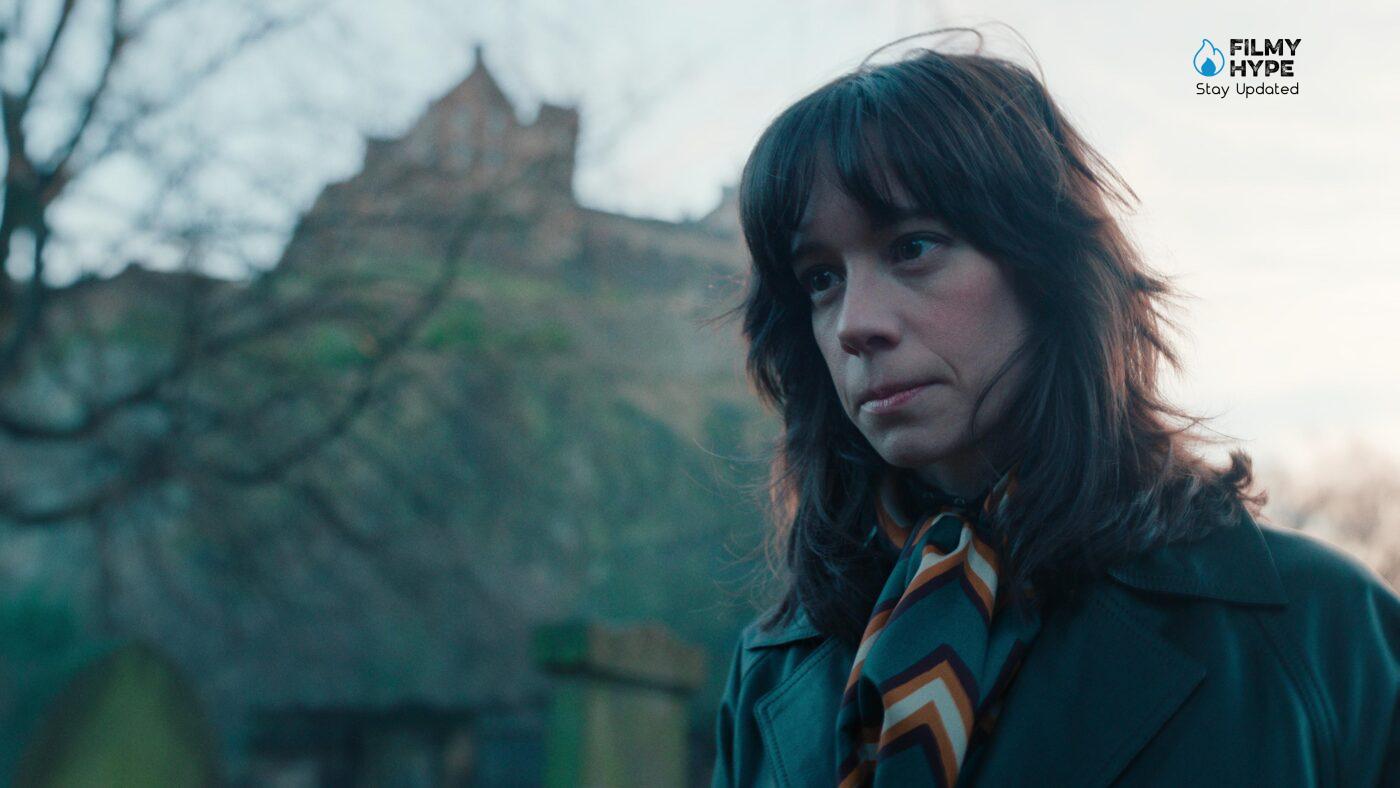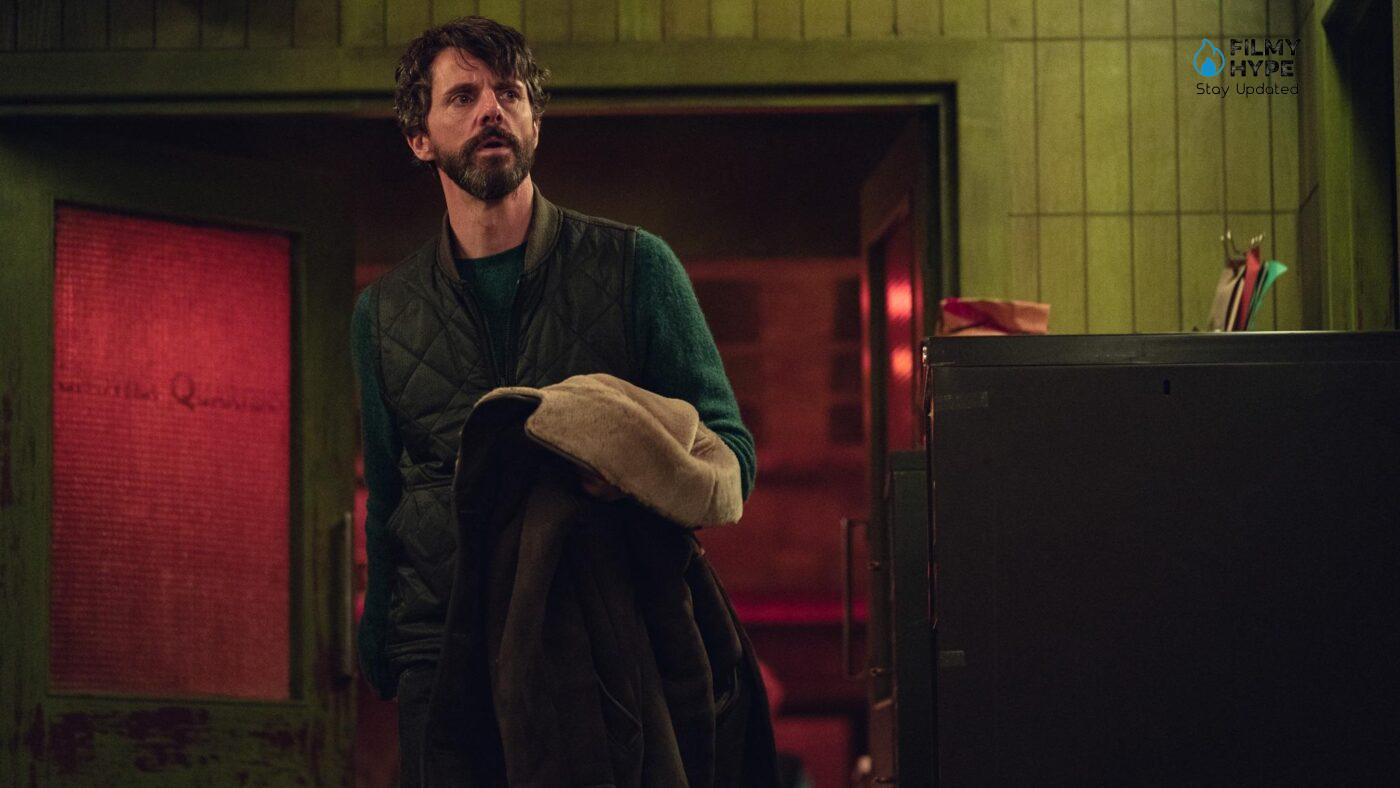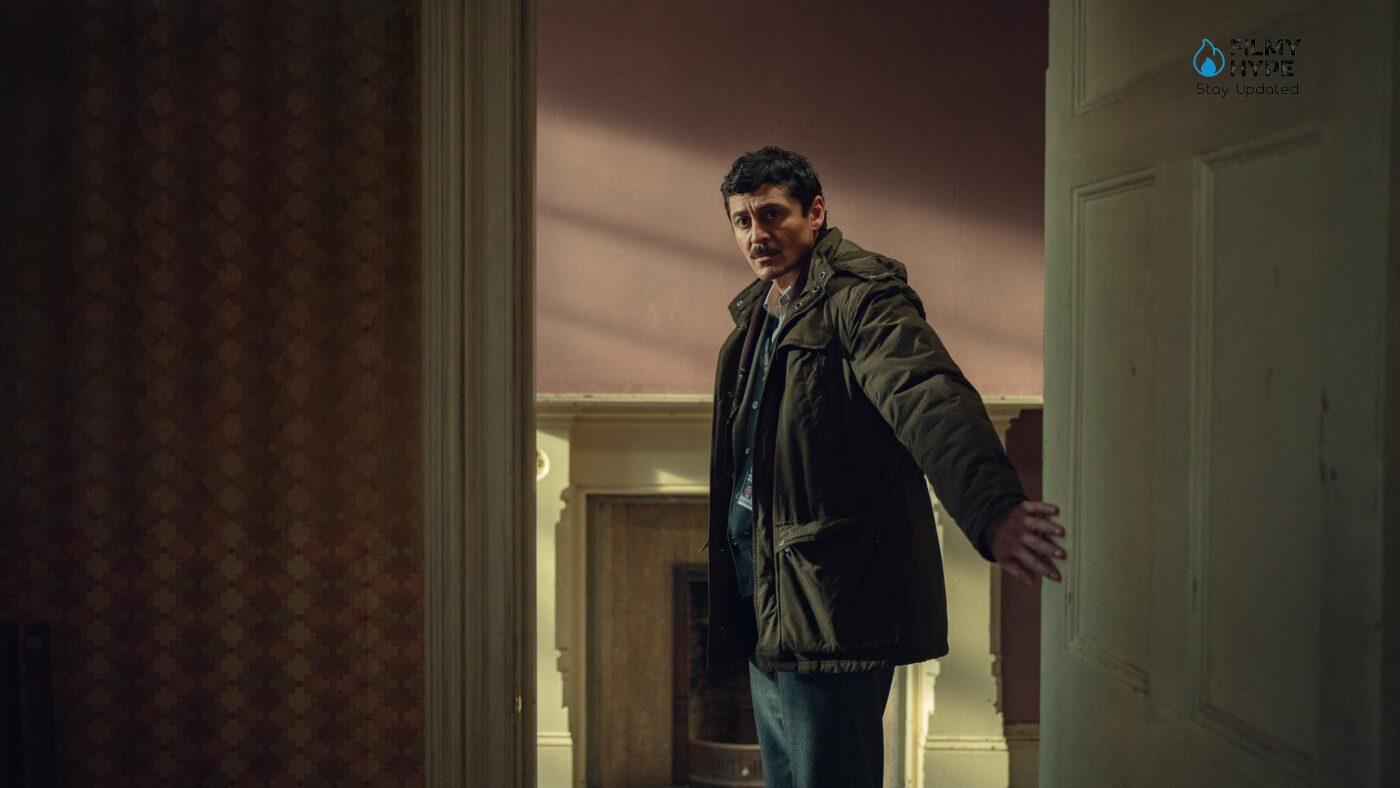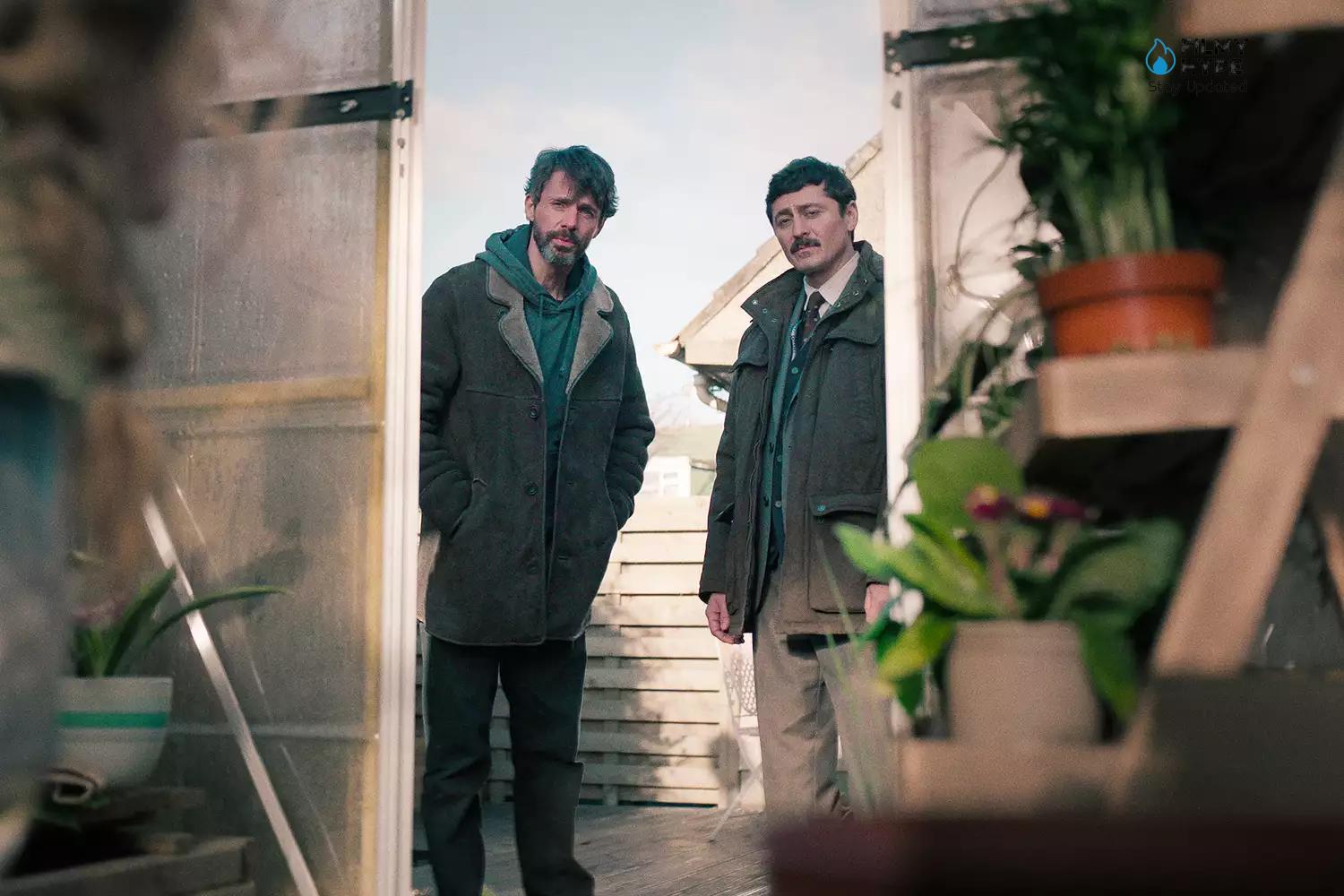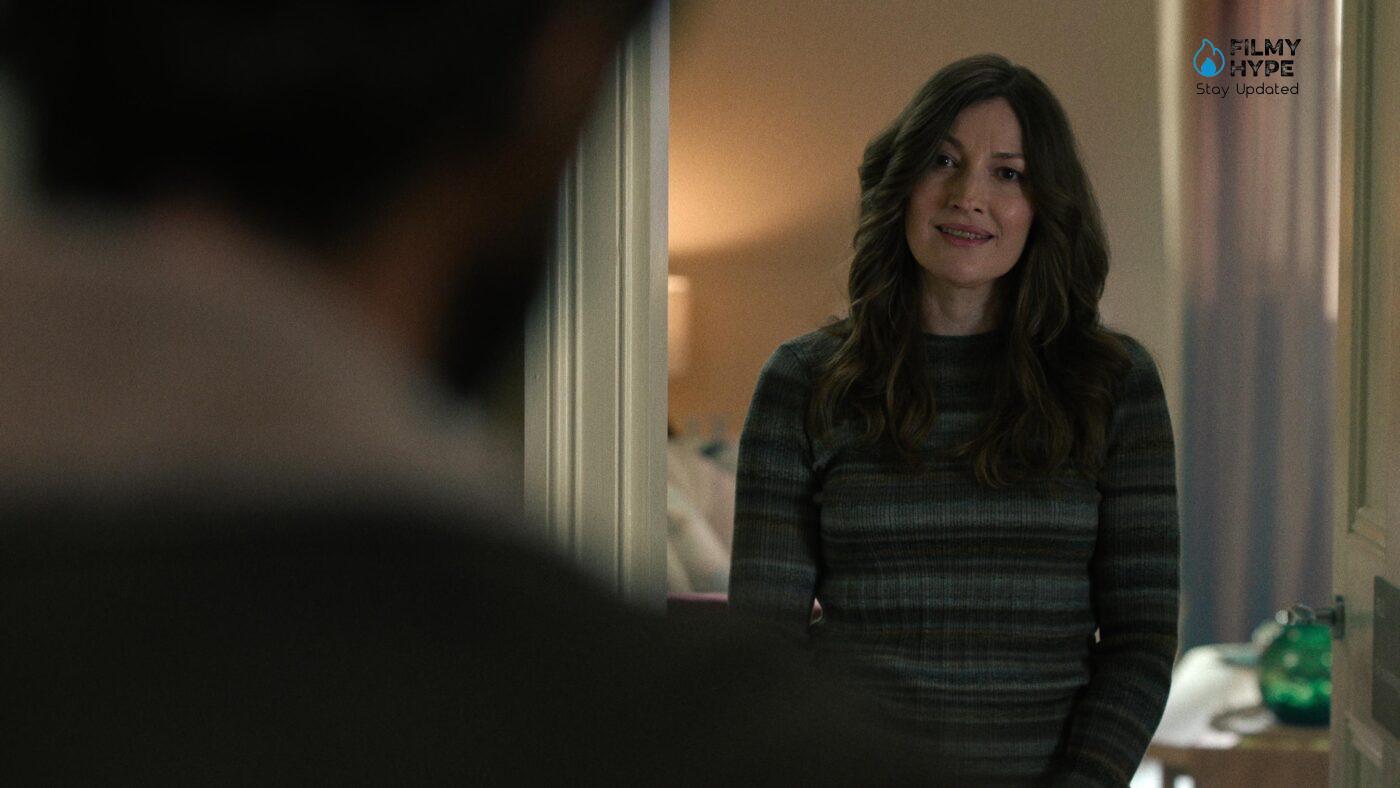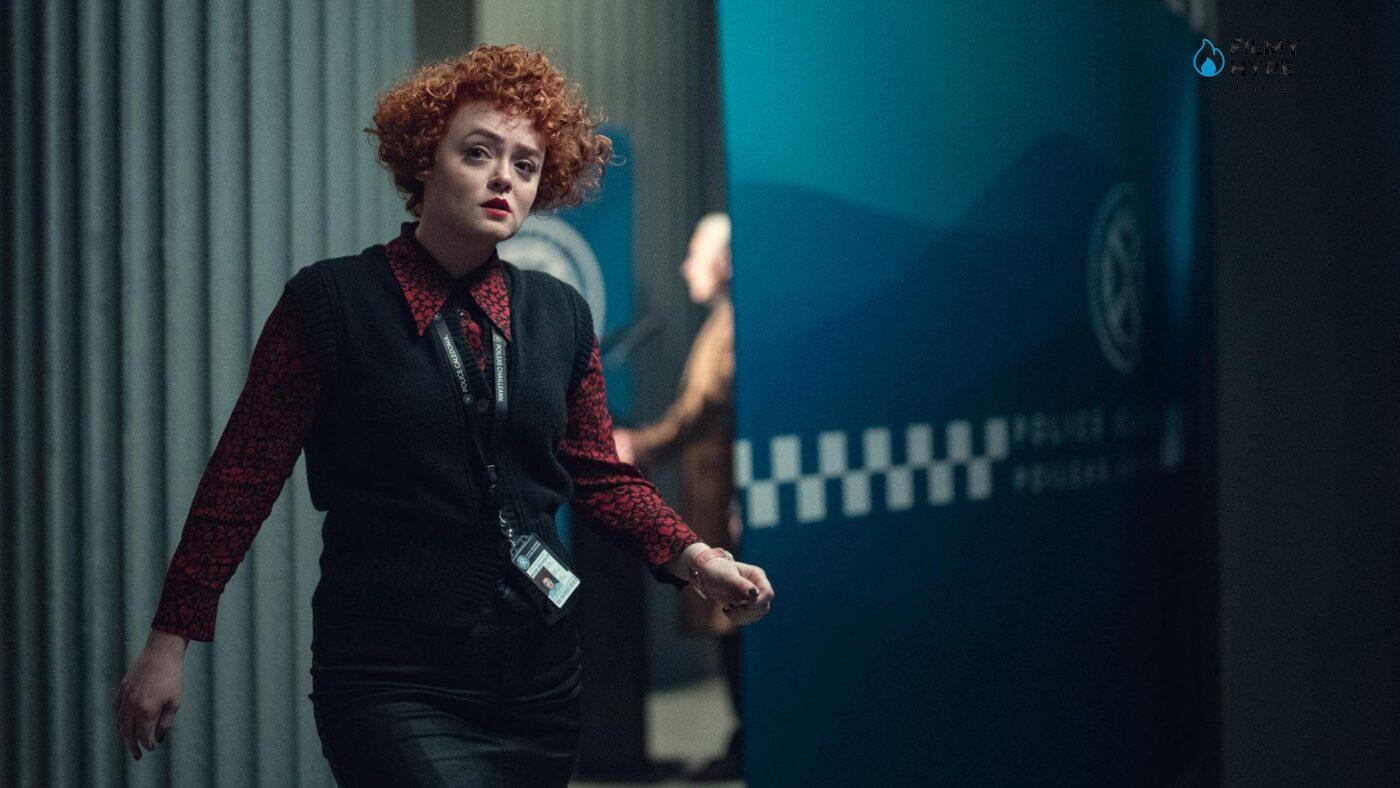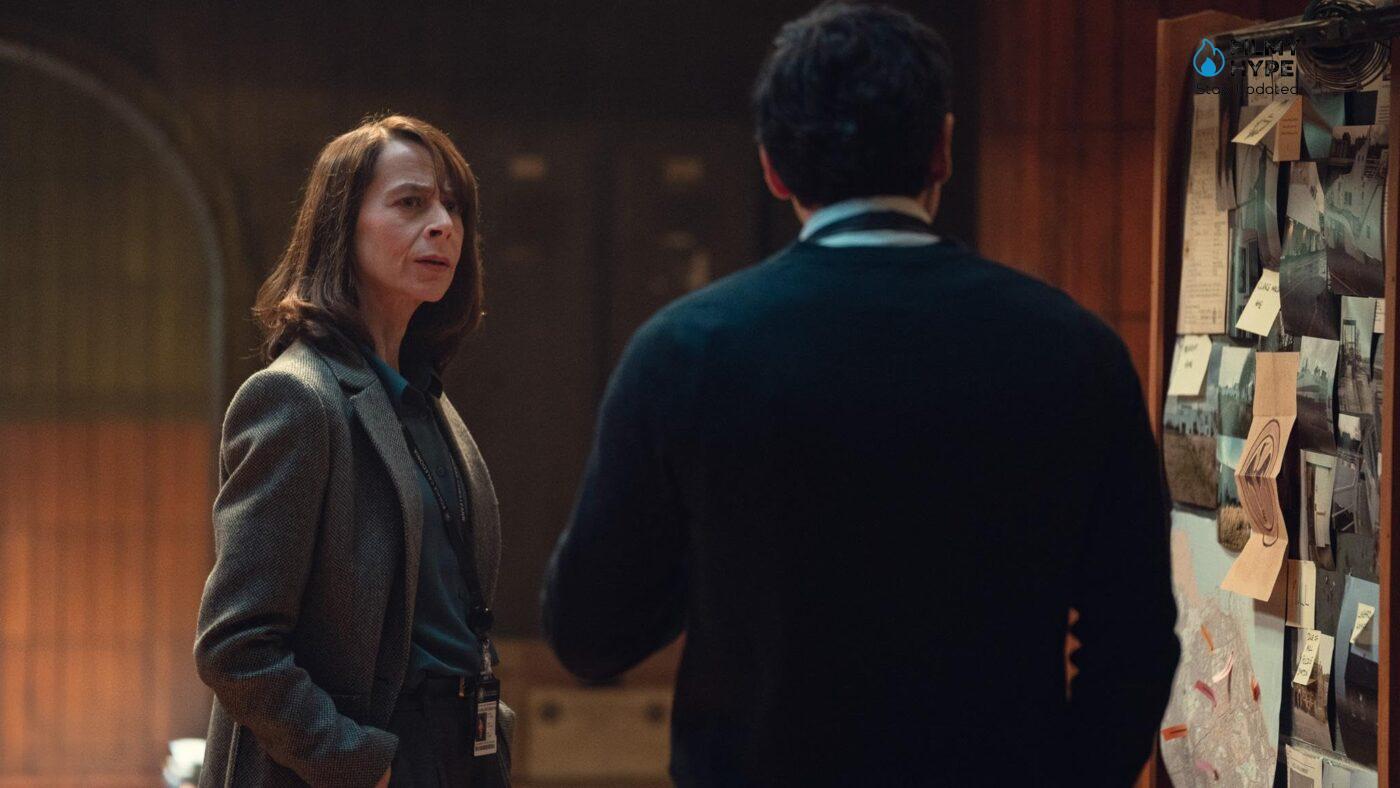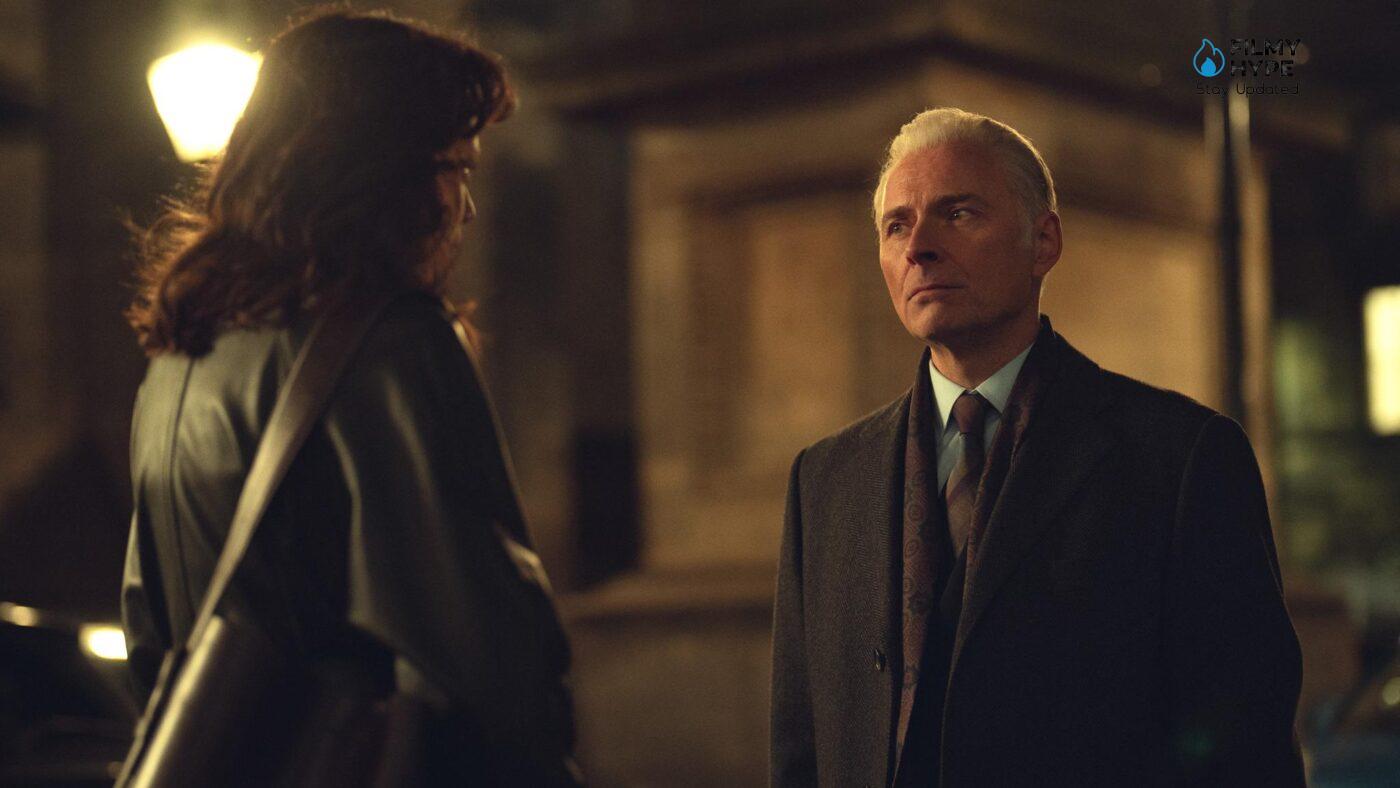Dept. Q Series Review: Detective in Pieces and Unsolved Crimes | Netflix Series
Dept. Q Series Review: “Dept. Q,” the new crime series that landed on Netflix, could serve as a case study. Allow us to explain. At the risk of sounding redundant: streaming platforms, with their constant need to fill content, have drastically changed both the production process and our viewing habits. Let’s avoid lengthy discussions about binge-watching and be clear. We refer not only to the number of episodes in a TV series but also to the waits between seasons. Once, we were accustomed to classic seasons of 18 to 24 episodes aired weekly, typically with approximately 12 months between seasons. Now, the standard ranges from 8 to 10 episodes, with some seasons separated by even two years. If Netflix faces interruptions of this kind, it is evident that, in the meantime, it must keep subscribers engaged by constantly proposing new content to fill those breaks. Sometimes things are done right; other times poorly, as is the case with “Dept. Q,” where we navigate familiar territory and the aforementioned ideas.
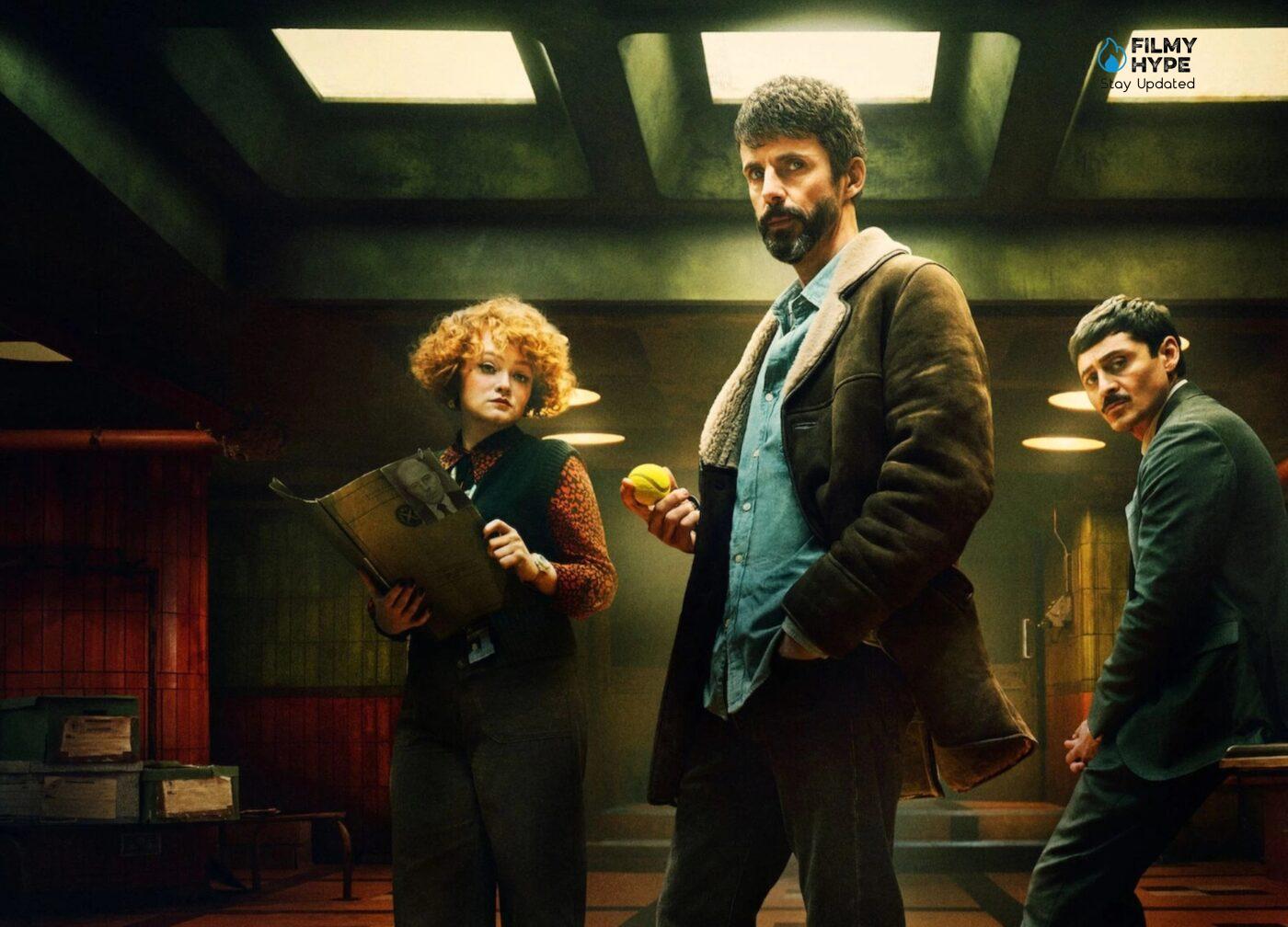
With Dept. Q, Netflix brings to the screen a new crime series that promises to conquer fans of the genre. Based on the novels of Jussi Adler-Olsen and adapted by Scott Frank, already known for The Queen’s Gambit, the series immerses us in a gloomy and fascinating Edinburgh. At the heart of the narrative are detective Carl Morck (Matthew Goode), a brilliant but tormented investigator, assigned to a unit of unsolved cases. Next to him, a team of equally complex characters, including the cadet Rose (Leah Byrne) and the former Syrian policeman Akram (Alexej Manvelov). Instead, probably strong to its author Scott Frank, he does not choose the way of the procedural and the case of the week, but that of the intrinsic and intersected story as much as possible. The result? A must-watch starring a great Matthew Goode.
Dept. Q Series Review: The Story Plot
This first season of the Dept. Q is taken and adapted from the first, entitled The Woman in the Cage, of ten books, clearly of the crime genre, written by the Danish Jussi Adler-Olsen. Six out of ten have already been brought to the cinema in Denmark, and now here comes the television remake of the novel that started the whole thing. The story no longer takes place in Denmark, but in Scotland, where we meet the sarcastic and unpleasant Carl Morck (Matthew Goode), chief inspector of the Edinburgh police. He is injured in the neck in a shooting inside an apartment where only one crime had been committed, which, in the meantime, a young agent leaves us pens while Morck’s partner remains paralyzed. With the inevitable post-traumatic stress disorder baggage, Morck is sent to the basement of the Edinburgh Police Department and placed in charge of the newborn department Q, a unit created and focused on cold cases. It is the classic mass distraction operation capable of diverting people’s attention from the failures of a police force in crisis, which, however, does not see the time to send the inspector home.
An inspector who, somewhat fortuitously to tell the truth, brings together a team of pennants finds himself investigating the disappearance, a few years earlier, of an important public official. Two stories intersect primarily, inspired by the eponymous novel saga by Jussi Adler-Olsen. The first is about Carl Morck, a cynical and boastful detective from Edinburgh, who, after a terrible assault at a crime scene where he shouldn’t have been, faces three dire consequences all at once. He endures post-traumatic stress disorder from a bullet wound to the throat, his partner and friend are left paralyzed from the waist down, and a young officer, who had been on duty for only three months, loses his life.
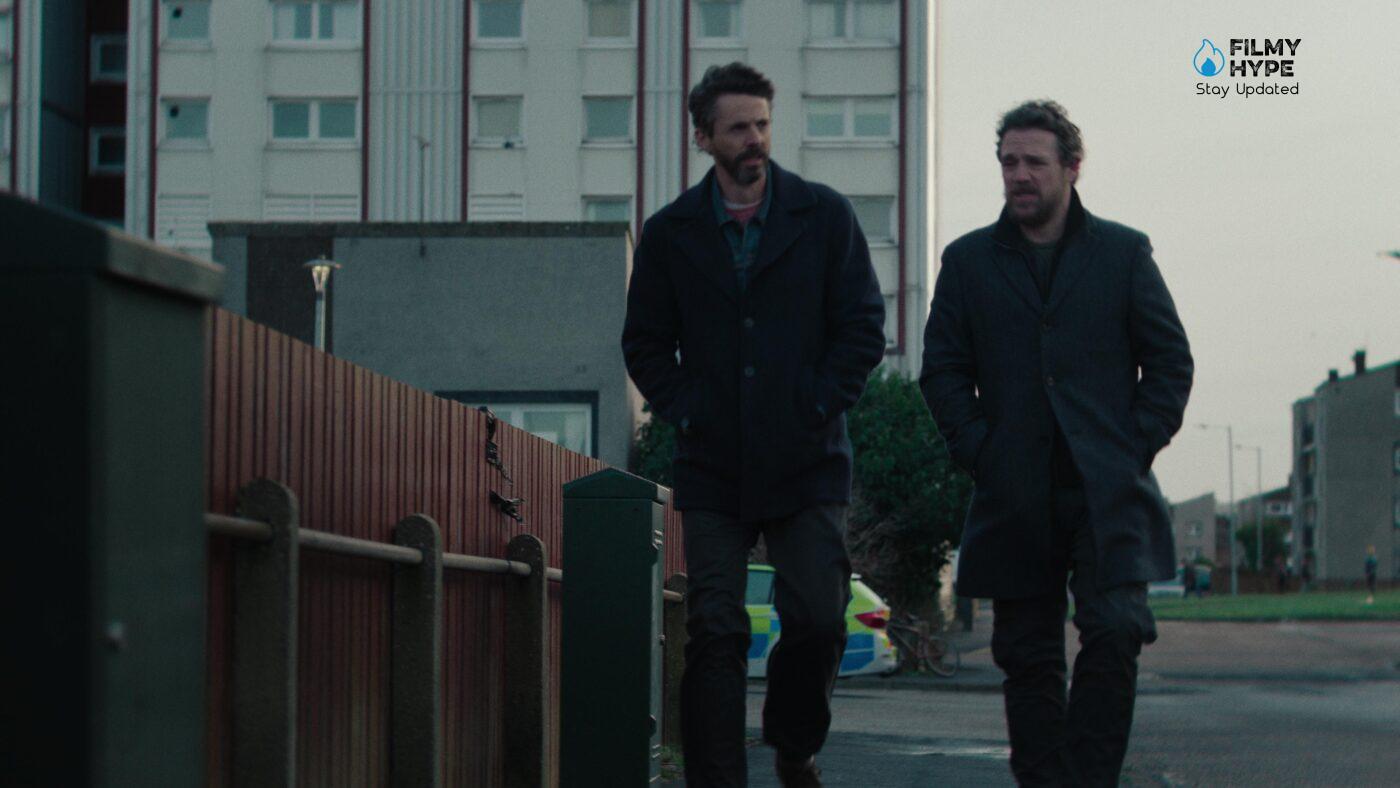
As he struggles to return to his work routine amidst the gossip of his colleagues, he must also confront his teenage son, with whom he has a troubled relationship, who now lives with him. Meanwhile, the story of Merritt Lingard (Chloe Pirrie), an ambitious and unscrupulous district attorney with a reputation as a shark against offenders—or those she perceives as such—unfolds. For this reason, the woman has accumulated a seemingly endless list of enemies. Her personal and family life offers no respite, as she contends with a brother who suffered mental regression after an accident a few years prior. A potentially violent and dangerous boy… or perhaps simply misunderstood. The lives of Morck and Merritt—so remarkably similar—will unexpectedly intertwine, changing their respective existences forever.
Dept. Q Series Review and Analysis
Dept. Q stands out for its ability to dig into the deepest recesses of the human soul. The series does not just present a police investigation, but explores the frailties, traumas, and attempts to redeem its characters. Carl Morck, masterfully played by Matthew Goode, is not only a brilliant detective but a man marked by past events that influence his every decision. In addition, the narration is enriched with nuances thanks to careful writing that highlights the contradictions and complexities of the human being. Each episode thus becomes an introspective journey, where the mystery is intertwined with a psychological side, offering the viewer a much more engaging experience. Scott Frank’s direction gives the Dept. Q, a refined aesthetic with attention to the smallest details. The shots, the photograph, and the soundtrack blend harmoniously to create an enveloping and suggestive atmosphere while Edinburgh, with its cobbled streets and leaden skies, becomes a character in its own right, helping to outline the dark and mysterious tone of the series. Finally, the choice to set up investigations in often forgotten or neglected places symbolically reflects the mission of the Q Department: to bring to light what has been buried.
One of the most successful aspects of Dept. Q is the construction of the dynamics between the characters: the relationship between Carl Morck and his colleagues, in fact (in particular with Akram and Rose), evolves credibly and touchingly. These ties, born from an initial distrust, are transformed into a profound collaboration, where everyone brings their skills and faces their vulnerabilities. In this way, the series shows how mutual trust and understanding can arise even in the most difficult contexts, offering a message of hope and resilience. Dept. Q – Unresolved Cases Section was developed by Scott Frank who in addition to having a couple of Oscar nominations for non-original scripts by Out of sight by Steven Soderbergh and Logan – James Mangold’s The Wolverine, stood out on Netflix a few years ago with The Queen of Chess, the miniseries with Anya Taylor-Joy as appreciated by critics and the public as it is suddenly forgotten, as often happens for Netflix productions, always by the aforementioned public.
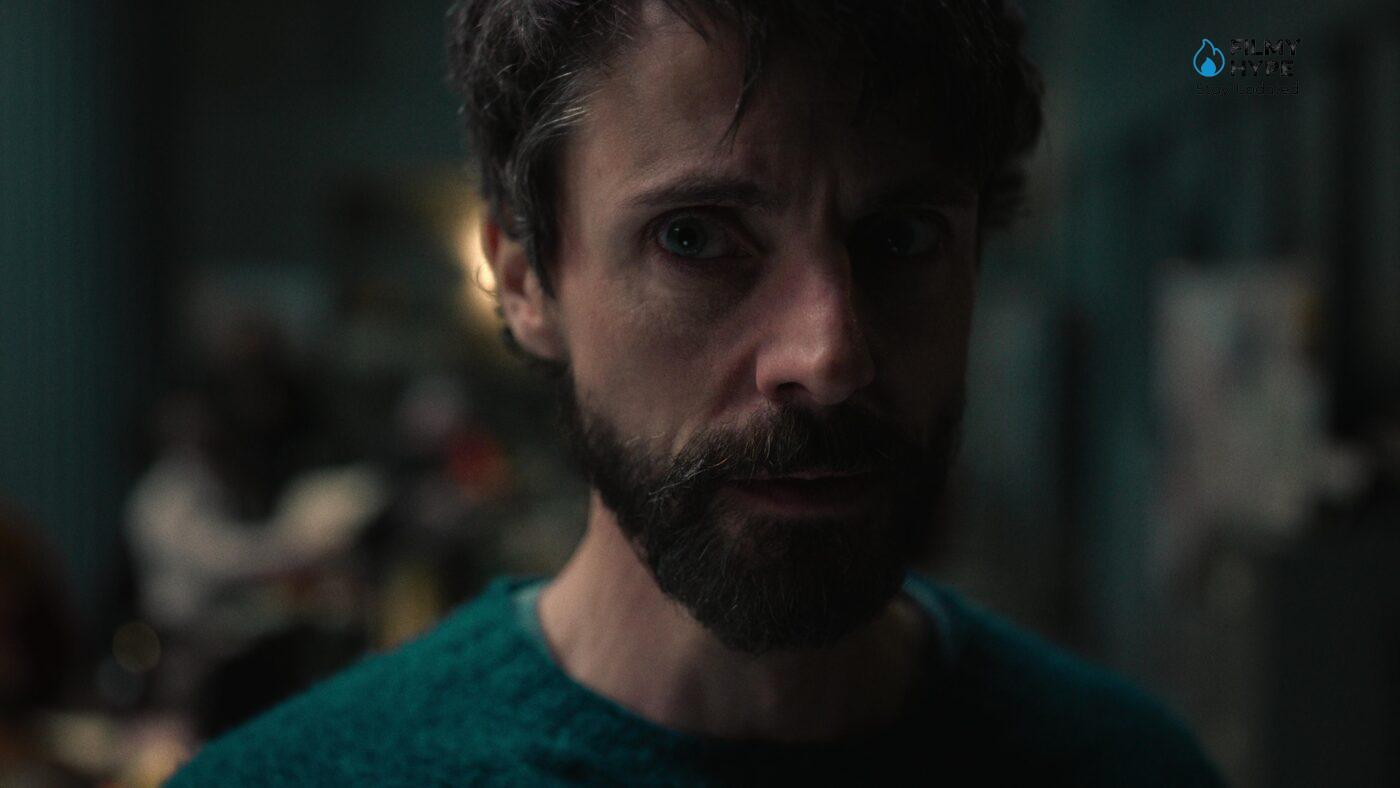
For honesty towards the reader, it must be specified that, for who knows what bizarre paranoia probably related to the spread of any spoilers (as if, among other things, we were talking about something spasmodically awaited as the last season of Stranger Things), of this Dept. Q – Unresolved cases section that debuted on the platform today, we were able to see 5 episodes of 9 in advance. What you are reading is inevitably based on a partial vision. Partial vision that, however, does not entice even more to know how the story will end. Basically because this production looks a bit like the fair of the already seen, primarily its protagonist, Carl Morck. It is yet another unpleasant, sarcastic, misanthropic and high-functioning character who, from Dr House and Sherlock onwards, has softened the fiction of the last 15, 20 years (and on the other hand the one played by Hugh Laurie was a medical epigone of the legendary literary icon of Sir Arthur Conan Doyle). To worsen the situation, there is also the lack of empathy that is created with the victim of events: as regards antipathy, he keeps up with the protagonist.
And it must also be said that, as we discover more about their lives during the episodes, the situation does not improve: if the effect was to want to create the classic context of explanation for why a given character appears and acts in a certain perhaps as an answer to what he experienced, the result obtained, at least on myself, was only rejecting. Much more interesting are the surrounding characters who gravitate to the basement of the Q Department, but even here, he knows everything he has already seen, of mine and of others, as well as the inevitable disagreements between Morck and the Edinburgh police chief. The only really interesting one is Morck’s assistant, the Syrian Akram. It is perhaps the only true pole of interest. Yes, Edinburgh. Scotland. If nothing else, Dept. Q has the merit of bringing back to the fore one of the most beautiful cities in Europe which, from Trainspotting to Avengers: Infinity War, passing through Cloud Atlas, has often been the backdrop for films and TV series. Reviewing the Victorian Gothic spires of the Scott Monument, the glimpses of the Royal Mile, the Edinburgh City Chambers, and the statue of the dog Greyfriars Bobby is always a pleasure, yes.
So overall, we are dealing with a series that can be good for the most hardened lovers of crime productions, those who want to see them all and regardless of completeness or obsessive-compulsive disorder. Or with those who love the British acting school: from Watchmen’s protagonist Matthew Goode and Downton Abbey down, Dept. Q – Unresolved cases section sees in the cast people that you have certainly seen in other, more or less famous productions. Here, we can also recommend these two categories of people (however, without too much enthusiasm). To all the others, we suggest instead booking a flight to Edinburgh to do some healthy tourism. It is a city that is very well on foot. You can stay there for three, four days and then rent a car or book one of the many tours that will take you around Scotland from Glencoe to Loch Ness. Sorry, I digressed, but Edinburgh is the thing I liked most about Dept. Q.
Scott Frank, who had already conquered the spectators with the western Godless and the drama The Queen’s Gambit, a real phenomenon of the platform, tries experimenting with a title that moves halfway between miniseries and long-term series. If the title is successful, he might think of a new seasonal case for the lead detective, also considering the original literary saga. The same goes for his direction, immediately full of inventiveness. The five episodes (out of eight) seen in the preview have fascinated us a lot: not only for the perfect characterization of the characters and their role within the narration, but also for the dynamics that creep between them and for the management of the two main cases. A game of a mouse is far from what we are used to, and we instinctively try to give a rational explanation. The protagonist, on his return to the district, is also put in charge, as a mirror for larks, of a new department, that of the title, dedicated to unsolved high-profile cases.
Matthew Goode, who returns to seriality later in The Good Wife, Downton Abbey, is A Discovery of Witches, is incredibly comfortable as Morck, apparently an effective but the victim of uncontrolled anger and pain that seems to find no peace. Guilt, remorse, memory, panic attacks, post-traumatic stress disorder: many themes addressed by the show in a painstaking and sibyllic way. All the protagonists, in their way, seem to be dealing with a trauma of the past; they try to turn it into something profitable and not deleterious for the future. This also applies to two possible collaborators of Carl in his unlikely department, on the lower floor of the police station, both metaphorically and literally: Akram Salim (Alexej Manvelov), a Syrian policeman who moved for a reason he doesn’t want to admit; and Rose (Leah Byrne), a recruit who ended up behind a desk after a nervous breakdown. The unsolved case chosen to start the newborn section will bring to light the flaws in the judicial system, both British and worldwide, speaking universally. That narrative, full of plot twists, is compelling and interspersed with the sessions of the protagonist with the police therapist, Dr. Rachel Irving (an always good one, Kelly Macdonald, you remember her in Boardwalk Empire?). A sweet and at the same time brazen woman who will put the protagonist in a tight spot to make him face his pain. Otherwise, there will be no way out.
Dept. Q Series Review: The Last Words
Dept. Q is a crime that is not satisfied with solving a mystery: it investigates the soul of its protagonists with surgical precision. The writing is mature, the refined direction and the interpretations are intense, that of Matthew Goode. The alternation of gloomy settings and sharp dialogues creates a deeply immersive atmosphere. Narration requires attention and patience, but it knows how to reward. Dept. Q is a really good series that we can immediately count among the best of the genre on Netflix. The first five episodes saw us tickled and intrigued, held by the hand in the presentation of the characters, immediately well delineated, and of the two parallel stories that meet each other will change the life of the protagonists forever. Excellent is found in the direction, from the very first scene, and the denunciation of the system at the base of the story. Matthew Goode and Scott Frank lead an excellently chosen, written, and directed British cast.
Cast: Matthew Goode, Kelly Macdonald, Chloe Pirrie, Alexej Manvelov, Leah Byrne, Mark Bonnar, Jamie Sives, Shirley Henderson, Kate Dickie
Created By: Scott Frank
Streaming Platform: Netflix
Filmyhype.com Ratings: 3.5/5 (three and a half stars)


